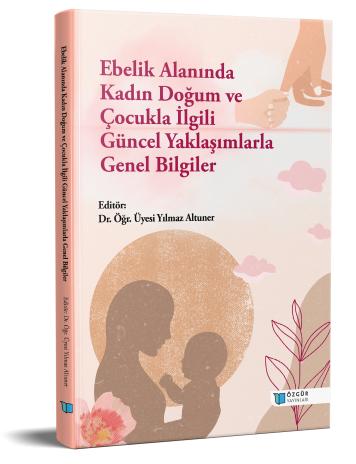
The Postpartum Period
Chapter from the book:
Altuner,
Y.
(ed.)
2025.
General Information about Women, Birth and Children in The Field of Midwifery with Current Methods.
Synopsis
The postpartum period, also known as the puerperium, refers to the first six weeks after childbirth and involves significant physical and psychological transitions. During this time, the mother's body undergoes hormonal shifts, bleeding, breast tenderness, mood fluctuations, and is at risk for infections. While "baby blues" are common, some women may experience postpartum depression, which may require professional support. In addition to physical recovery, proper nutrition, hygiene, rest, and appropriate contraception are essential. Cultural practices can influence the postpartum experience, with both beneficial and harmful effects. Emotional and social support—especially from a partner—has a vital impact on the mother's stress level, recovery, and ability to bond with the baby. Effective guidance from healthcare professionals and regular medical follow-ups play a critical role in ensuring the well-being of both mother and infant during this sensitive period.

